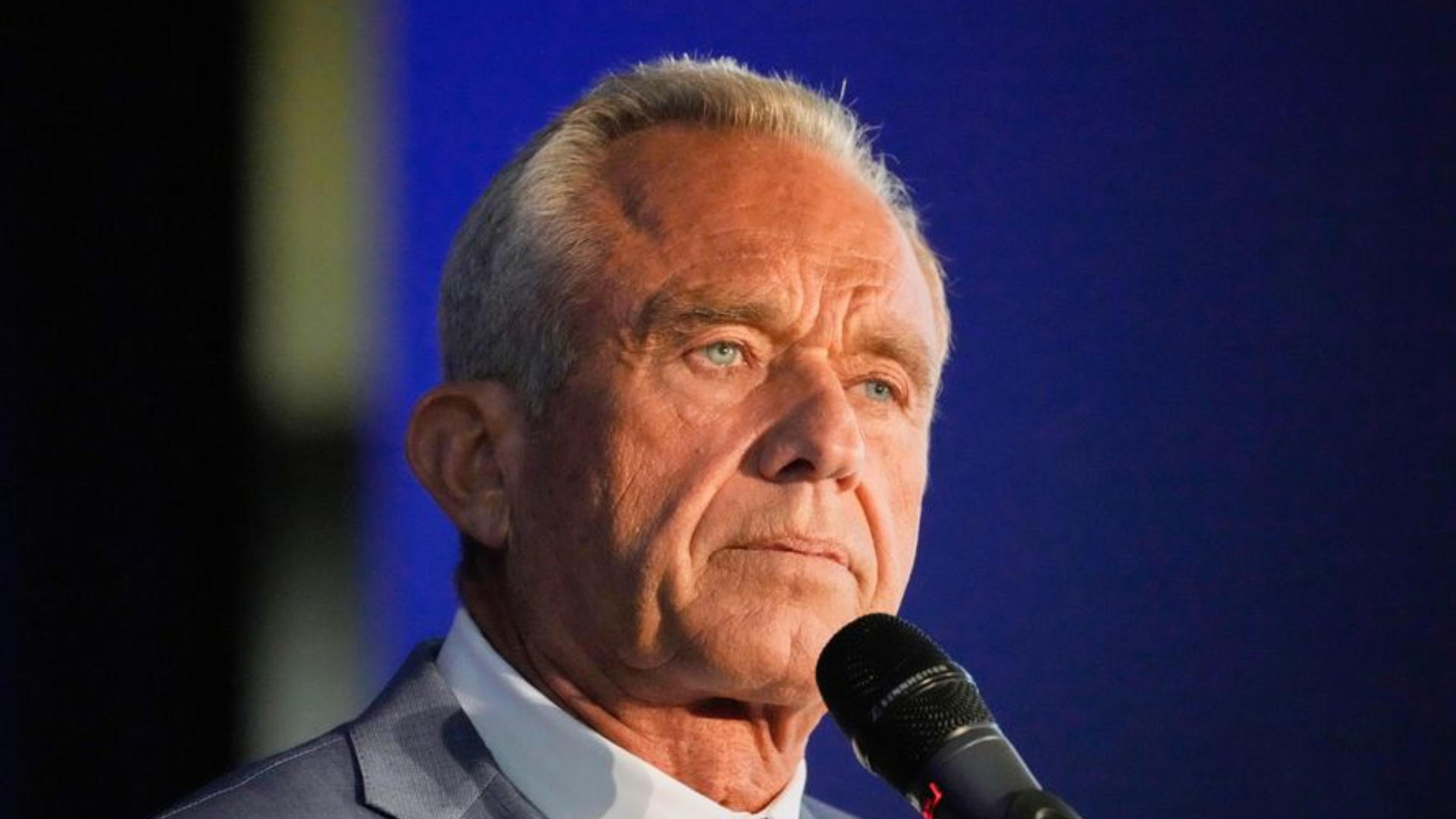NEW YORK (AP) — Stocks in the U.S. finished mostly higher Wednesday, a break after two days of steep losses. Technology and internet companies and retailers were responsible for most of the gains.
The gains came from high-growth stocks such as retail and industrial companies, and energy companies benefited as crude oil rose about 2 percent. Smaller and more domestically-focused companies surged. Those sectors have slumped over the last two months. Despite the gains Wednesday, the S&P 500 is down 3.2 percent so far this week.
Alec Young, managing director of global markets research at FTSE Russell, said the market has tumbled this autumn because growth in the global economy and in company profits is slowing down, and investors are worried that the situation will get worse.
Young said Wall Street essentially has a two-item wish list for the holidays: a general trade agreement between the U.S. and China, and a sign the Fed will raise interest rates at a more gradual clip. Presidents Donald Trump and Xi Jinping are scheduled to discuss the trade situation at a Group of 20 summit at the end of this month. If those things transpire, he said, the stock market will settle down.
“All they have to do is agree on a high-level framework that can delay the increase in the tariffs,” Young said. “If the Fed is more dovish and we get some positive news on China, we can have a solid end to the year.”
The S&P 500 index rose as much as 1.1 percent in early trading, but finished with a gain of just 8.04 points, or 0.3 percent, at 2,649.93.
The Dow Jones Industrial Average slipped 0.95 points to 24,464.69. The Nasdaq composite climbed 63.43 points, or 0.9 percent, to 6,972.25. The Russell 2000 index of smaller-company stocks rose 19.27 points, or 1.3 percent, to 1,488.28.
Trading was relatively quiet ahead of the Thanksgiving holiday. U.S. markets will be closed Thursday, and will be open for a half-day on Friday.
European stock indexes also recovered. Germany’s DAX jumped 1.6 percent. Britain’s FTSE 100 rose 1.5 percent and the CAC 40 in France added 1 percent.
Strong reports from companies including Foot Locker helped retailers. The shoe and athletic apparel company climbed 14.9 percent to $52.96 after its third-quarter profit and revenue surpassed Wall Street’s expectations. The company said sales broke out of a slump and prices also rose. Gap rose 4.7 percent to $25.81 after reporting solid quarterly results and saying it will close more struggling Gap locations.
That contributed to a rebound for retailers after they dropped on Tuesday. Home improvement company Lowe’s gained 2.5 percent to $88.37 and Nike rose 1.8 percent to $72.37.
Technology companies recovered a sliver of their recent losses. Adobe rose 2.8 percent to $225.98 and design software maker Autodesk climbed 9.7 percent to $135.04 after a strong quarterly report. The company also said it is buying construction software company PlanGrid for $875 million.
Amazon rose 1.4 percent to $1,516.73 and Facebook jumped 1.8 percent to $134.75. Microsoft picked up 1.4 percent to $103.11, but Apple lost 0.1 percent to $176.89.
Apple’s market value has dropped by $264 billion since early October and Amazon has fallen by $251 billion since early September. Since late July, Facebook has lost $241 billion and Alphabet is down by $169 billion. That’s $925 billion in value lost by just those four companies, more than any S&P 500 company is worth. Apple is the most valuable company on the index and is currently worth about $839 billion.
Oil prices rebounded as benchmark U.S. crude gained 2.2 percent to $54.63 a barrel in New York. It fell 6.6 percent on Tuesday and finished at its lowest price in a year. Brent crude, the international standard traded in London, rose 1.5 percent to $63.48 a barrel.
Chevron rose 1.3 percent to $117.57 and Exxon Mobil gained 0.8 percent to $77.56.
Crude prices have plunged since early October as global stockpiles surged. Production increased after the U.S. said it would re-impose sanctions on Iran’s energy sector, but it later granted waivers that allowed many countries that buy oil from Iran to continue making those purchases. If the global economy slows significantly, that would also reduce demand for oil.
Bond prices fell. The yield on the 10-year Treasury note rose to 3.06 percent from 3.04 percent.
Utilities and other high-dividend stocks also declined. Those companies have done better than the rest of the market during turbulent trading in October and November, but when the market makes a broad rebound they usually get left behind. Coca-Cola fell 1.3 percent to $48.73 and Duke Energy lost 2.3 percent to $86.45.
Wholesale gasoline rose 1 percent to $1.51 a gallon. Heating oil lost 1 percent to $1.97 a gallon. Natural gas fell 1.6 percent to $4.45 per 1,000 cubic feet. Gold gained 0.6 percent to $1,228 an ounce. Silver added 1.6 percent to $14.50 an ounce. Copper rose 1 percent to $2.79 a pound.
The dollar rose to 113.06 yen from 112.40 yen. The euro edged down to $1.1388 from $1.1399.
In Asia, Japan’s benchmark Nikkei 225 dropped 0.4 percent and the Kospi in South Korea was down 0.3 percent. Hong Kong’s Hang Seng index rose 0.5 percent.
Copyright 2018 The Associated Press. All Rights Reserved. This material may not be published, broadcast, rewritten, or redistributed. (Photo: AP)





















